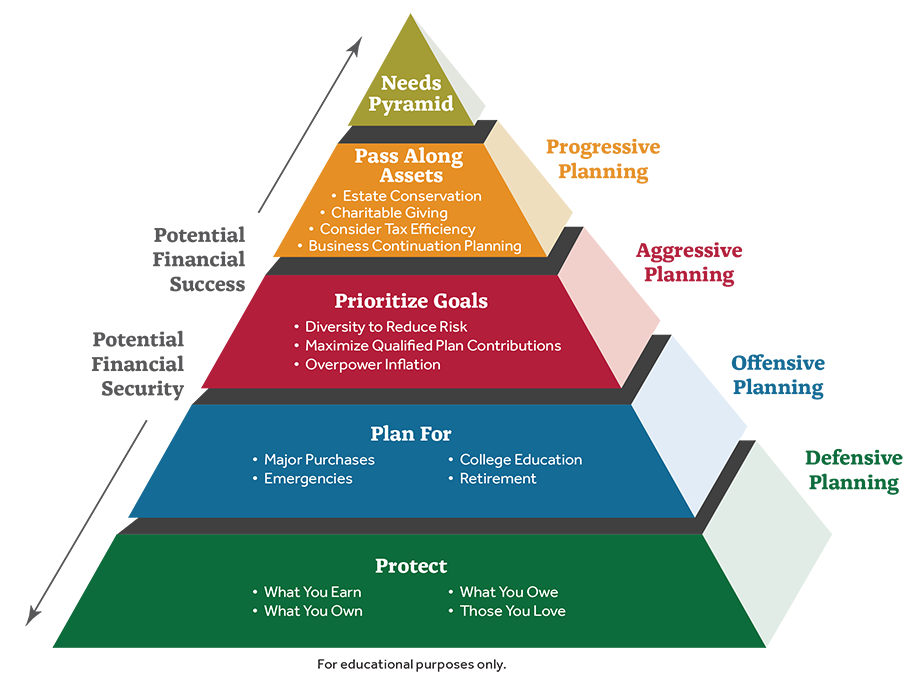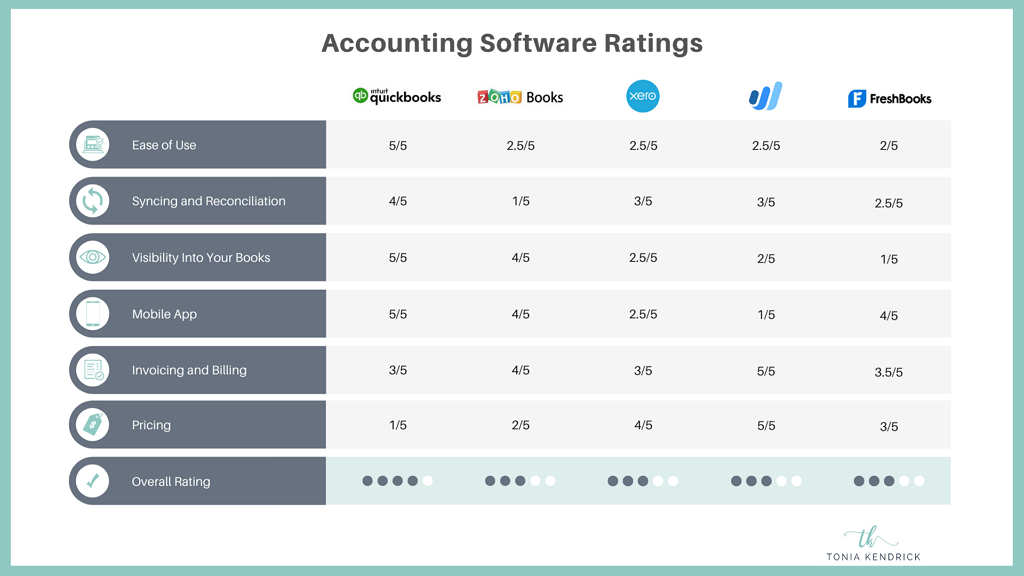Title: How to Choose the Right Insurance Plan for Your Personal Finances
Introduction:
Insurance is a crucial part of personal finance planning, providing financial protection and peace of mind. However, with numerous options available, selecting the right insurance plan can be overwhelming. In this blog post, we will guide you through essential steps to help you choose the insurance plan that best suits your personal finances.
1. Assess Your Insurance Needs:
Start by evaluating your specific insurance needs. Consider the aspects of your life where financial protection is essential, such as health, life, disability, home, or auto. Determine which risks you want to mitigate and the amount of coverage required for each.
2. Understand Policy Types:
Familiarize yourself with different insurance policy types. Common types include term life, whole life, health, disability, homeowner’s, and auto insurance. Learn about the coverage, limitations, and exclusions of each policy to understand how they align with your needs.
3. Research Insurance Providers:
Take your time to research reputable insurance providers. Look for companies with a strong financial rating, positive customer reviews, and a proven track record of promptly processing claims. Trusted resources like the National Association of Insurance Commissioners (NAIC) website can offer valuable insights.
4. Compare Quotes:
Request quotes from multiple insurance providers to compare costs, deductibles, coverage limits, and available discounts. Consider using online comparison tools to streamline the process. While cost is a significant factor, also evaluate the value provided for the premium in terms of coverage and customer service.
5. Evaluate Policy Exclusions and Limitations:
Read the policy documents carefully to understand any exclusions, limitations, or waiting periods. Pay close attention to pre-existing conditions, waiting periods for coverage, and specific scenarios that may not be covered. Make sure the insurance plan adequately meets your needs.
6. Seek Expert Advice:
If you find the insurance selection process difficult or have unique circumstances, consider seeking advice from a licensed insurance agent or financial advisor. They can provide personalized guidance based on your specific situation and help you make an informed decision.
7. Review the Claims Process:
Investigate the ease and effectiveness of the insurance provider’s claims process. Look for transparent information on how to file a claim, the time taken for claim settlement, and the overall customer experience. A smooth claims process can significantly impact your satisfaction with the chosen insurance plan.
8. Consider Company Stability:
Choose an insurance provider with a stable financial history. A company’s stability ensures that it will be able to meet its policy obligations in the long run. Rating agencies such as Standard & Poor’s, Moody’s, and A.M. Best can provide useful insight into an insurer’s financial strength.
Conclusion:
Selecting the right insurance plan for your personal finances is a decision that requires careful research and evaluation. By understanding your needs, comparing quotes, assessing policy details, and considering expert advice, you can make an informed choice. Remember to review your insurance coverage periodically to ensure it aligns with your changing financial circumstances. Prioritize financial security for you and your loved ones by selecting the insurance plan that offers the best protection for your peace of mind.











